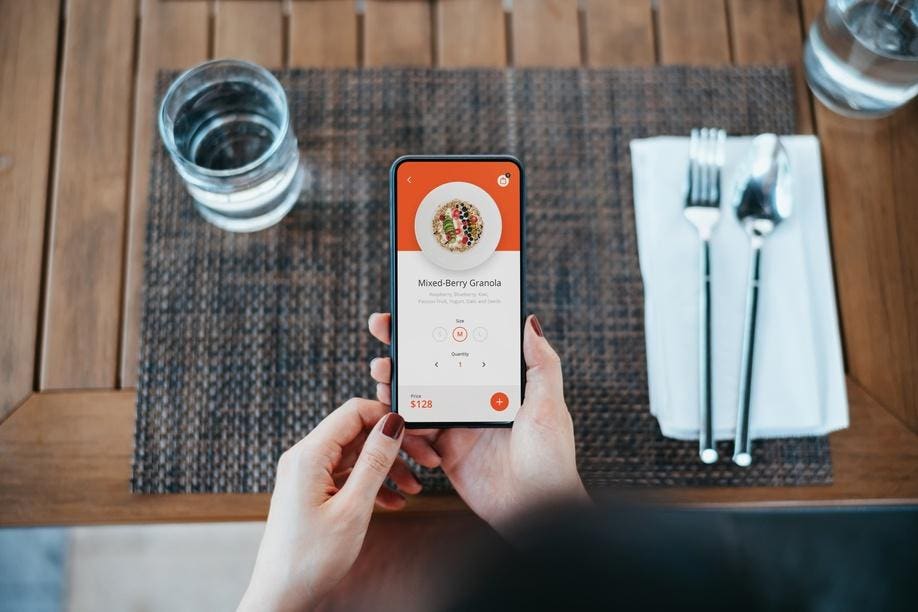Lawrence Snapp, the CEO and Board Member at Bryj Technologies, Inc., is at the forefront of integrating digital technologies into the dining industry. Mobile apps have become a crucial tool for restaurants, allowing them to tap into new markets, improve operations, and meet the changing needs of customers. Research shows that consumers prefer restaurant-specific websites or mobile apps over third-party solutions due to lower costs, convenience, and personalized loyalty benefits.
Successful restaurants and restaurant groups have embraced mobile apps, allowing customers to view menus, place orders, join rewards programs, make reservations, and pay. These apps enhance the dining experience, drive loyalty, and promote growth. As consumers increasingly use online platforms as part of their restaurant experience, the industry must adapt and adopt mobile-first strategies to stay competitive in today’s digital world.
Restaurants are exploring new ways to blend physical and digital experiences by incorporating features such as QR codes on tables and click-and-collect options through mobile apps. By adopting an omnichannel approach, businesses can cater to the preferences of tech-savvy consumers and gather valuable data on customer preferences and behavior. It’s essential for the food service industry to leverage technology to create a more interactive and enjoyable experience for customers.
Mobile app features such as online ordering and mobile payment, exclusive rewards, code scanning, subscription services, and beacons and GPS can drive the restaurant industry forward. Providing various payment options and exclusive rewards can attract and retain customers, while code scanning and subscription services enhance convenience and customer loyalty. Location-based technologies like beacons and GPS can also help restaurants send targeted promotions and drive foot traffic.
Restaurants should look for a comprehensive and efficient app solution that offers a superior user experience compared to mobile websites. Mobile apps provide a more personalized experience, store data locally for faster retrieval, and have a longer interaction time with users, leading to more engagement and orders. When developing a mobile app, restaurants should prioritize security, connectivity, reliability, and continuous improvement, along with built-in AI analytics and marketing tools.
As the dining landscape continues to evolve, restaurants must invest in technologies that meet current demands and anticipate future needs. Those who leverage mobile apps and successfully navigate the intersection of digital and physical experiences can emerge as leaders in a competitive market, ensuring the longevity and success of their businesses in the digital age. For businesses looking to grow and network, the Forbes Business Council offers opportunities for business owners and leaders to connect and qualify for membership.


